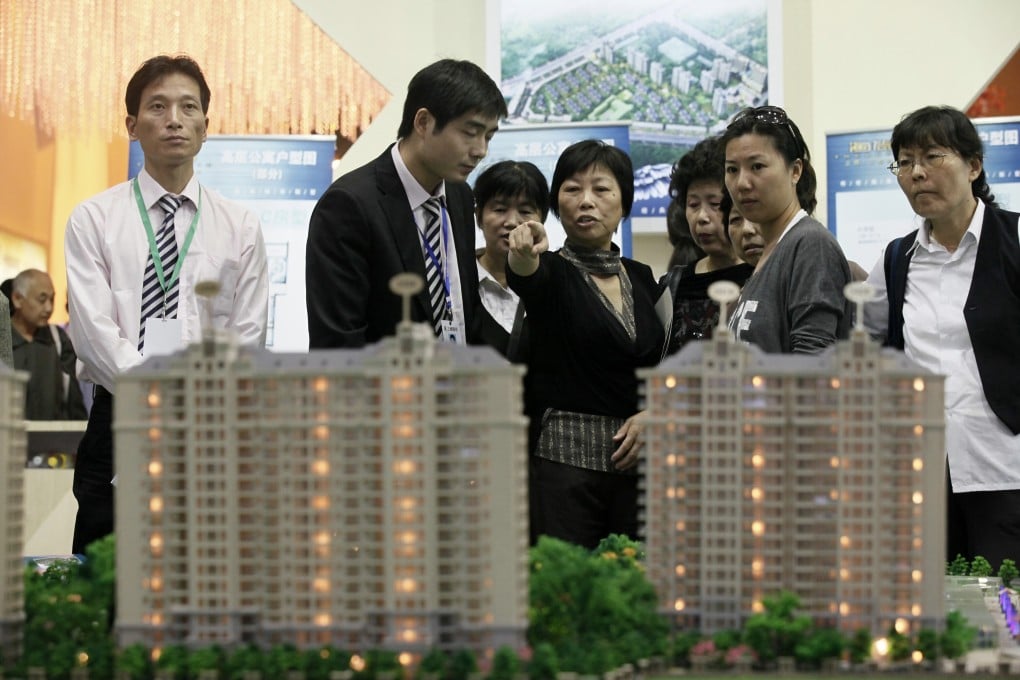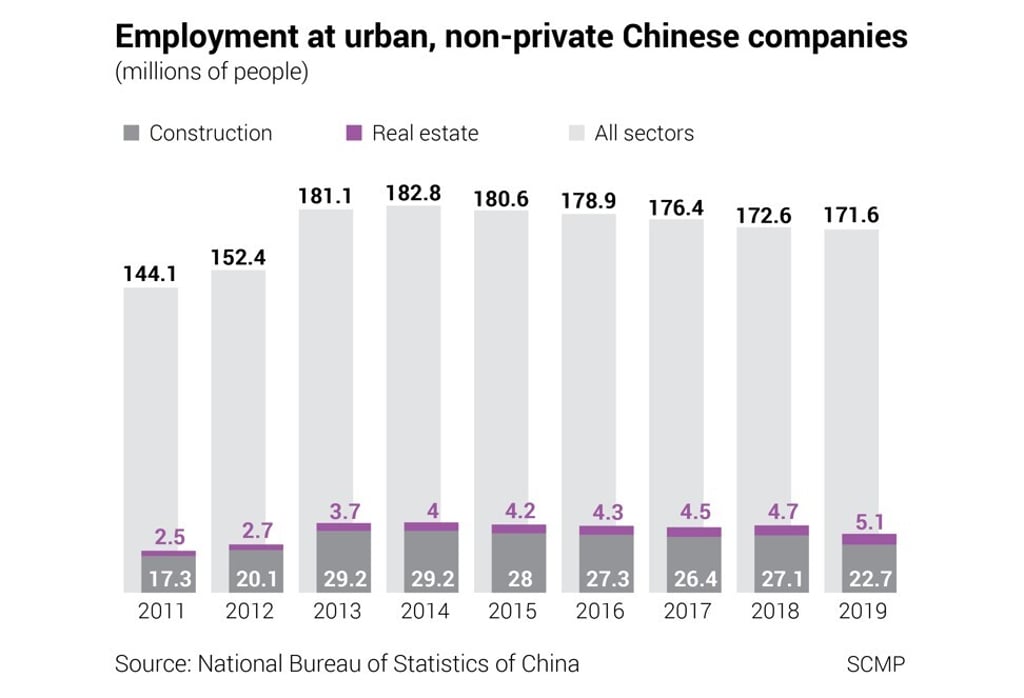Shanghai and Chongqing offer hints of how China’s property tax would work, and be ignored by runaway home prices
- The property tax, tested in Shanghai and Chongqing in 2011, had their nationwide adoption deferred in 2013
- The tax, which still remains in place in both cities, did nothing to stem housing costs, with Shanghai’s average home price soaring 155 per cent since 2011 while Chongqing rose 108 per cent

Shanghai and Chongqing, two of China’s biggest urban centres, offer a hint of what a property tax would look like as the Chinese legislature gave its nod last week to kick off the tariff after a decade of stop-go measures to rein in runaway home prices.
The tax, enforced by the municipal tax authorities of Shanghai and Chongqing, leaned heavily against non-residents, and owners of more than one home, especially large, expensive property.
A resident who opts for a second new home exceeding 60 square metres (645 square feet) would be liable for an annual levy of between 0.4 per cent and 0.6 per cent of the property’s fair value, calculated on the area that exceeds the minimum. Non-residents – defined by China’s household registration system, or hukou – buying their first homes will be charged a 0.6 per cent tax rate if the purchase price is double the city’s average price in the preceding year.
Chongqing, located in south-western China near the Sichuan provincial capital of Chengdu, levies a progressive property tax starting at 0.5 per cent, going up to 1.2 per cent. The tariff applies to owners of existing and new villas, as well as new apartments that cost more than double the average price of new homes in the metropolis. Non-residents buying a second home in Chongqing will also be subject to a tax.

